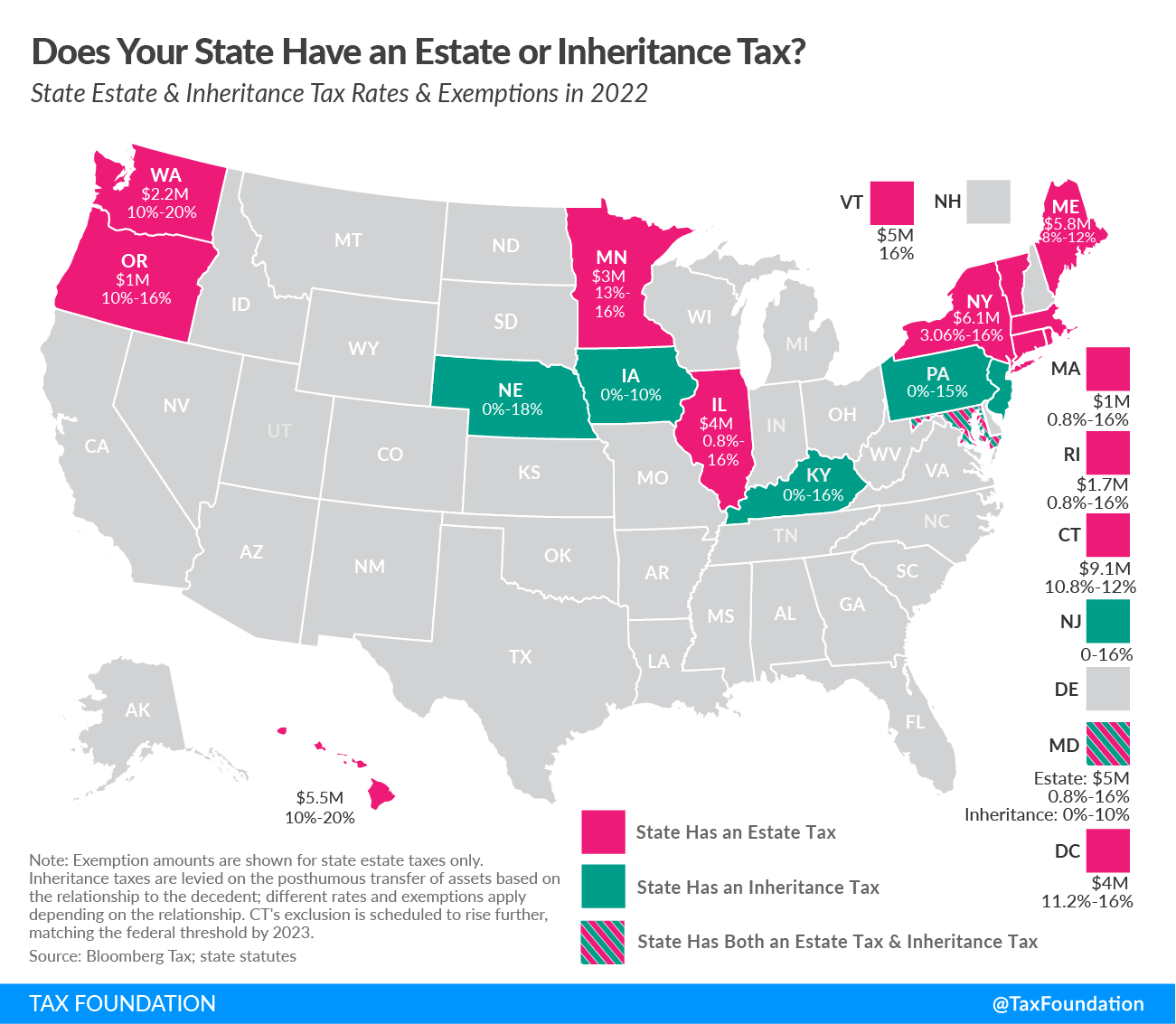Does Medicaid Count Assets in a Living Trust?
Medicaid may not seem relevant if you are going to qualify for Medicare when you are 65 years of age. Medicare will pay for most of your medical expenses when you become eligible, but there is one major expense that it does not cover.
Long-term care is considered to be custodial care, and this is not covered under the Medicare program. If you have to spend time in a nursing home, or if you need paid in-home care, Medicare will not be the solution.
Since most seniors will need paid living assistant eventually, this is a major challenge. In fact, it is the most significant elder law issue that we deal with as attorneys. Medicaid does cover long-term care, and this is why it is quite relevant.
Medicaid Look Back Period
The Medicaid asset limit is just $2000, so you have to get assets out of your name to qualify for coverage. This would be easy if you could act after you already know that you are going to incur long-term care expenses.
It is not that simple because there is a five year look back period in place. If you transfer assets and you do not get fair market value in return, you will be ineligible for Medicaid for five years.
Revocable Living Trust
The revocable living trust is the most commonly used asset transfer device aside from the simple will. When you have this type of trust, you maintain control of the assets while you are alive, because you are the trustee. This is a good thing if you want to have absolute access.
If you ever want to revoke the trust, you can do so, and you can change the terms at any time. Because you have all of this control, you are “retaining incidents of ownership” in a legal sense. As a result, the assets in the trust will count if you apply for Medicaid.
Irrevocable Medicaid Trust
The trust that you would use to create a financial profile that will lead to Medicaid eligibility is an irrevocable, income only trust. After you transfer assets to the trust, you would not have access to them, so you would surrender incidents of ownership.
Medicaid will not count the assets if you seek eligibility as long as you fund the trust at least five years before you apply. A lot of people rely on income that is generated by their invested resources, so they could not give them away years before they need long-term care.
This is not a problem if you have an irrevocable Medicaid trust, because you can accept the investment income until you actually apply for Medicaid. This is part of the solution, and there is another component.
You can qualify for Medicaid if you own a home, but there is a Medicaid estate recovery mandate. If the property is in your personal possession when you die, Medicaid will put a lien on the home unless your surviving spouse or a dependent child is living in it.
With this in mind, you can convey your home into the irrevocable trust. Nothing would change in your life, because you live in the house as usual, and you retain all rights and responsibilities. After your passing, it would be protected because it would not be part of your estate.
Download Our Estate Planning Worksheet!
You came to this site because you are looking for information about estate planning, and you are in the right place. There are many articles and guides here that you can access free of charge at any time, and we hold live education programs on an ongoing basis.
One of our most useful resources is the carefully prepared estate planning worksheet. You will learn a lot if you take a little bit of time to go through it, and you can click this link to get your copy.
Need Help Now?
If you have already decided that you are ready to work with an Oklahoma City estate planning lawyer to develop your plan, we are here to help. You can send us a message to request a consultation appointment, and we can be reached by phone at 405-843-6100.
After helping his own family deal with a lengthy probate and the IRS following his father’s untimely death in a farm accident, Larry Parman made a decision to help families create effective estate plans designed to reduce taxes, minimize legal interference with the transfer of assets to one’s heirs, and protect his clients’ assets from predators and creditors.
Latest posts by Larry Parman, Attorney at Law (see all)
Story originally seen here






